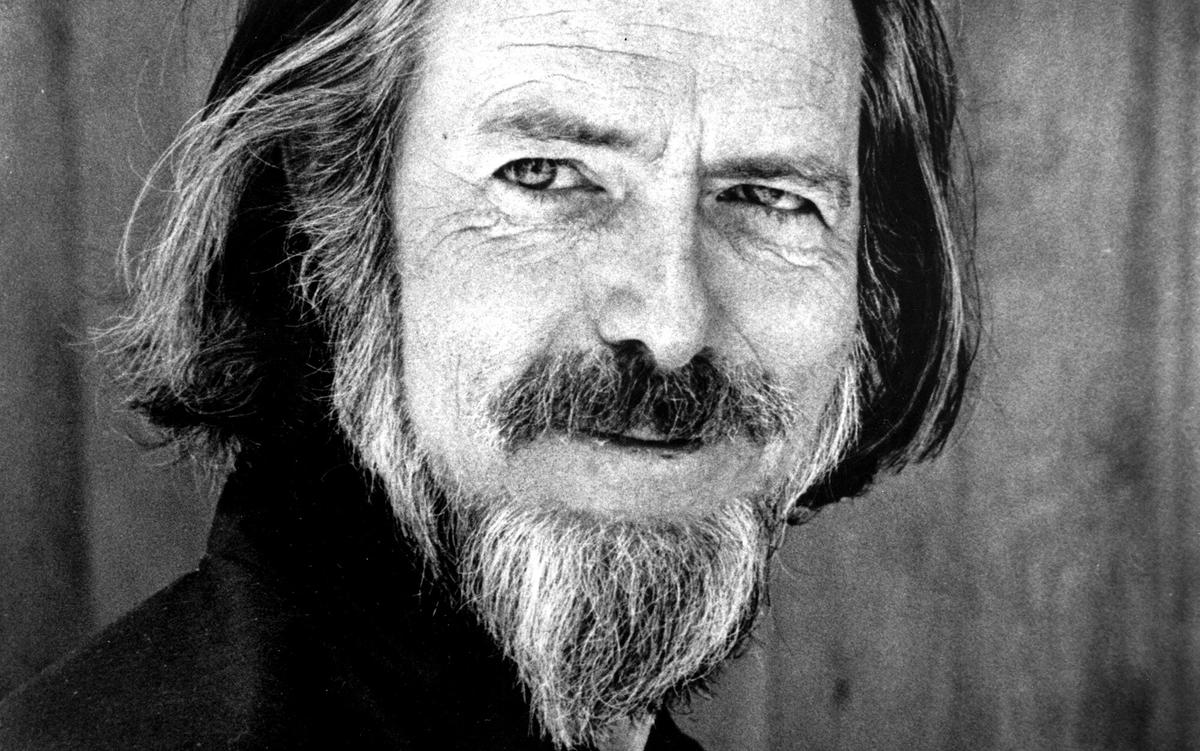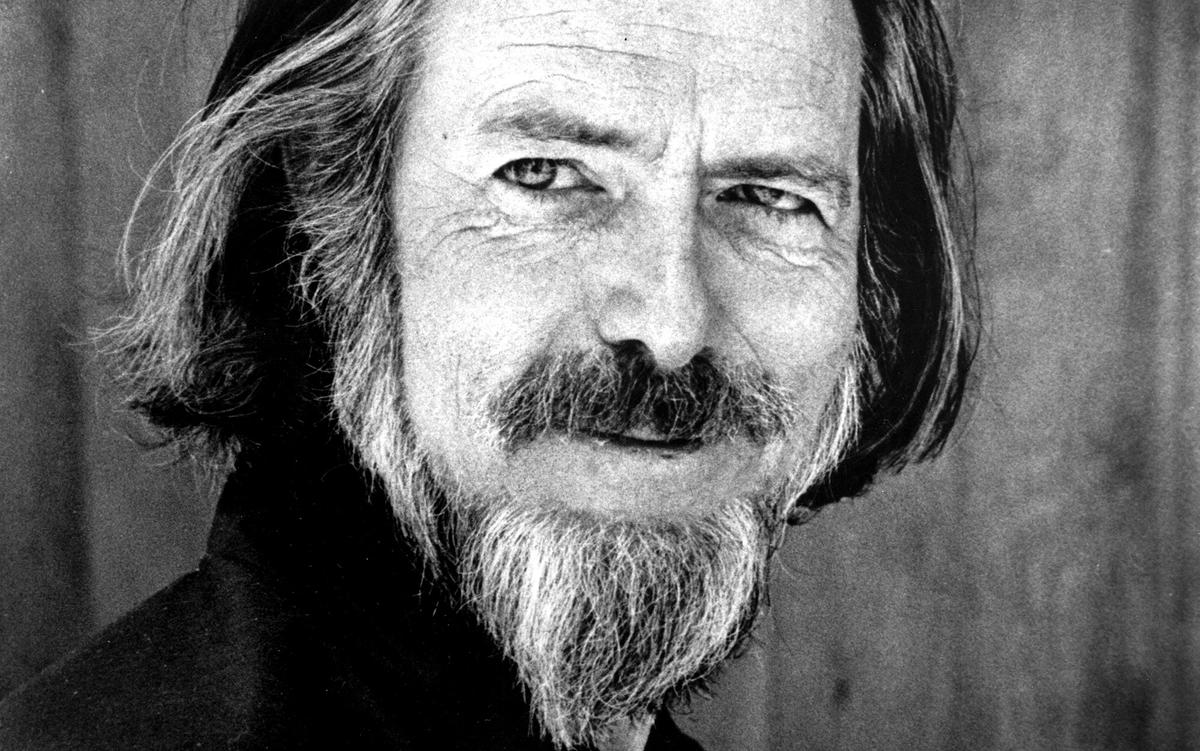The allure of zen - #377

Over the past year or so, I've read a bit in the modern type of Zen Buddhism promulgated by Alan Watts. The books have been uniformly interesting and wildly diverse: from the delightfully titled meditation guide Don't Just Do Something, Sit There to the fairly dense The Way of Zen to the ur-text of white people going on Tibetan pilgrimages The Snow Leopard. I've also sprinkled in some of Watts's essays and other authors aiming for the same thing: explorations of meaning, spirituality, and mindfulness untethered from western religious tradition.
I've been reading these works on two levels. First, the personal: as a spiritual person, looking for the clues and meanings that connect with my religious experience. The second is a more critical reading: why are people in the west so open to eastern religion during the decades when they have generally shrugged off all religious practice. The Snow Leopard exemplified this: our hiking hero bitterly castigated the religion of his Episcopal boarding school upbringing, but gingerly attempted to understand and explain each Tibetan village's river and mountain gods, the sort of confusing hodgepodge of more ancient religions brought into and blessed by Buddhism. He seemed angry at the pagan-cum-Christian practice of Thanksgiving and Christmas, going so far as to stay in Asia to avoid the holidays with his kids, while being impressed by the parallel evolutions of Tibetan practices into Buddhism.
Back to the first level. This adventure in reading outside of my tradition has been rewarding. Take, for example, the connection the linked essay below makes between the approaches to desire/joy by Alan Watts and C. S. Lewis:
From Watts, we learn that desire may be the royal road to truly experiencing reality as gift, of the most recklessly generous kind. For all their differences in temperament, C S Lewis, too, found that desire was the key that unlocked life’s mysteries. His autobiography, Surprised by Joy (1955), is the record of a journey from writing off desire as a feature of biology and psychology to discovering that it is etched into human nature as an invitation from God.
I love seeing this overlap: we are able to find true things about life from so many thinkers, from the highly flawed to the mostly excellent. It's neat. And maybe it's the cool experience of finding true things in many places that cause us to be open to the wisdom of the east.
Reading
On knowing who he wasAlan Watts, for all his faults, was a wildly imaginative and provocative thinker who reimagined religion in a secular age. |
|
